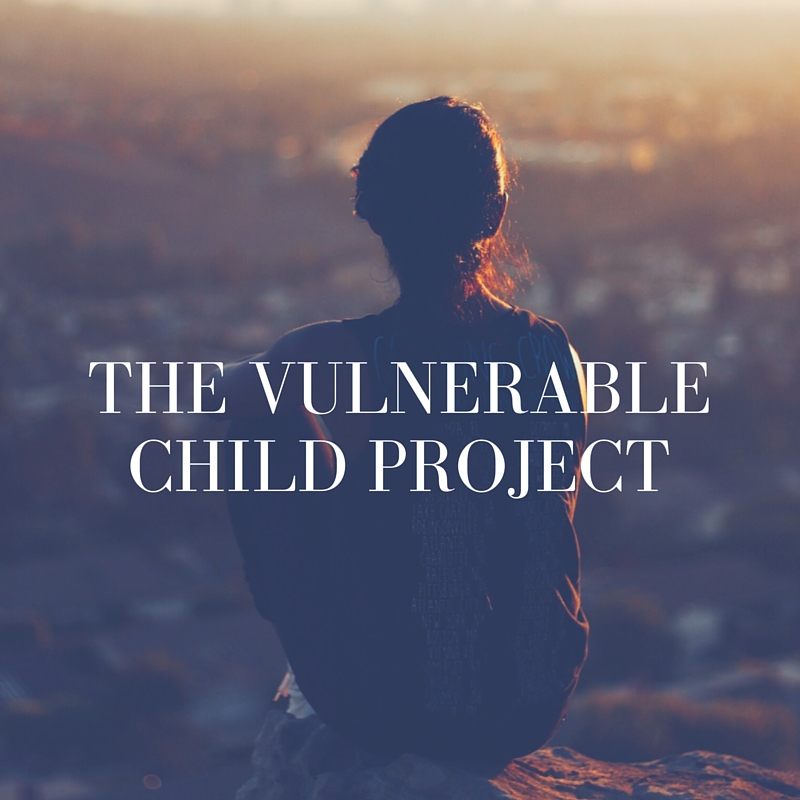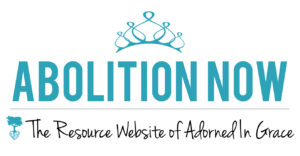
Although estimates vary, a high percentage of women and teens who are victimized by a trafficker have a childhood history of trauma and abuse that left them with an unclear sense of worth and personal boundaries.
Mending the Soul’s emerging curriculum addresses childhood trauma and abuse.
From the Mending the Soul blog:
Since 2009 MTS has been interviewing, assessing, and treating children and young women who have been forced into child [sex trafficking]. We have spent countless hours interviewing and supporting survivors and caregivers in Phoenix, Portland, Latin America, Uganda, Rwanda, and the Congo (DRC) listening to survivors tell very similar stories of early childhood deprivation and neglect/abuse that eventually led to commercialized exploitation as desperate children and families struggled to survive.
The longer we listened, the clearer we became on the need for a specific, trauma-informed prevention—gospel-driven program—for vulnerable families and their children. A community-based model that would re-connect these children and the adults caring for them to each other, to a gentle and healing God, and to a church community committed to loving them with an informed and costly compassion.
This fall, I had the opportunity to talk with both Rebecca and Nicole, two women who will be facilitating future groups for the emerging Caring for the Vulnerable Child Curriculum. Currently the curriculum is finishing its final pilot testing in Phoenix, AZ before officially launching in the coming year. The team has worked hard to develop and refine material that is appropriate, effective, and meeting real needs in the community.
“We create a curriculum, pilot it, and revise it to tighten it, make it most relevant, and the best material that it possibly can be,” explained Rebecca. “We are always revising in all that we do.”
Future groups will be held at two Portland-area churches for families of children who have undergone some kind of trauma, loss, abuse, or neglect. They are specifically designed to care for families with foster or adopted children.
These groups are “all about building community, being a safe place for people” said Rebecca. “It’s through loving faith community that people heal from abuse and trauma. It’s not going to happen in isolation. Through community, we’re able to actually embody the gospel message to each other, and then to the world that we’re trying to serve.”
Rather than being simply considered focused on the child who experienced abuse, this program aims to be a system of wholeness and community support for siblings, parents and caretakers. “This curriculum is appropriate and absolutely acceptable for ALL kids,” stated Rebecca. “Nothing is covered that would be considered inappropriate for children who haven’t experienced abuse.” Topics such as healthy words vs. unhealthy words, transitions, emotions, and safe touch vs. unsafe touch are important for every child to learn to recognize and articulate. Similarly to the adult Mending the Soul curriculum, each lesson is extremely interactive, with drawing, journaling, and other activities to stimulate learning and conversation.
“The curriculum is designed to facilitate interaction between caregivers and children as well, so they can practice the lessons they’re learning together with each other,” said Nicole.
Although estimates vary, a high percentage of women and teens who are victimized by a trafficker have a childhood history of trauma and abuse that left them with an unclear sense of worth and personal boundaries. In many ways, this program is a prevention tool on all sides, with the goal of helping entire families prevent further trauma and unsafe situations later in life.
“The Vulnerable Child Curriculum is a wonderful layer of support for families of children who have experienced trauma,” explained Nicole, who helped facilitate the pilot group last year. “I feel it’s a really needed resource. Families really need support and a framework of understanding how to support their kids.” Parents and caregivers also greatly benefit from being part of a community where everyone understands the unique challenges they are facing. “Oftentimes, it’s beneficial for these families to also pursue individual or family counseling when needed for more one-on-one support for their child.”
Caring for the Vulnerable Child groups are still in development and the dates for the next groups have not yet been set. It is extremely encouraging, however, to see the dedication and commitment of everyone in making this curriculum the best and most effective tool possible. We can’t wait to see how God uses their hard work to bring hope and healing to many families in the years to come.

